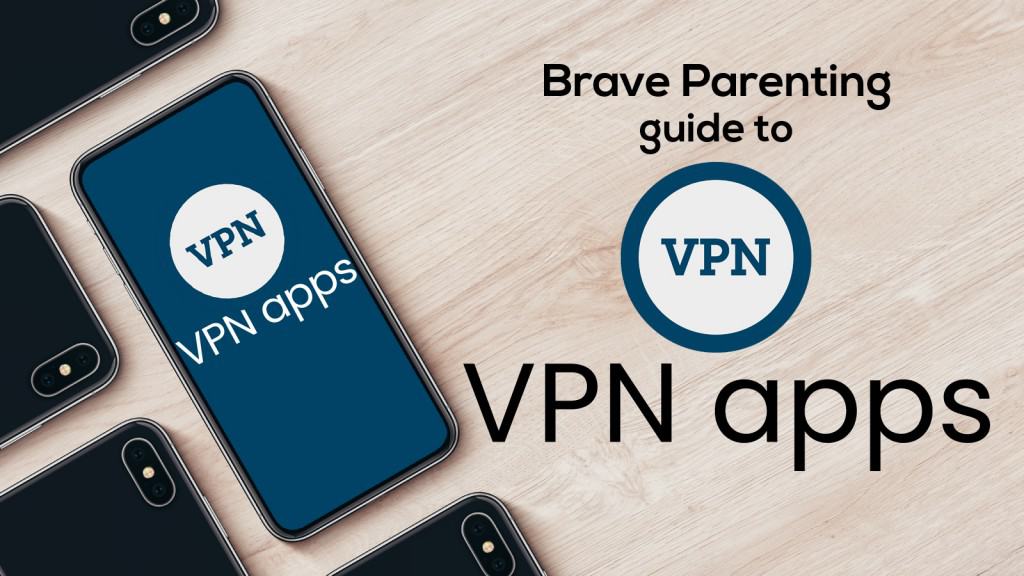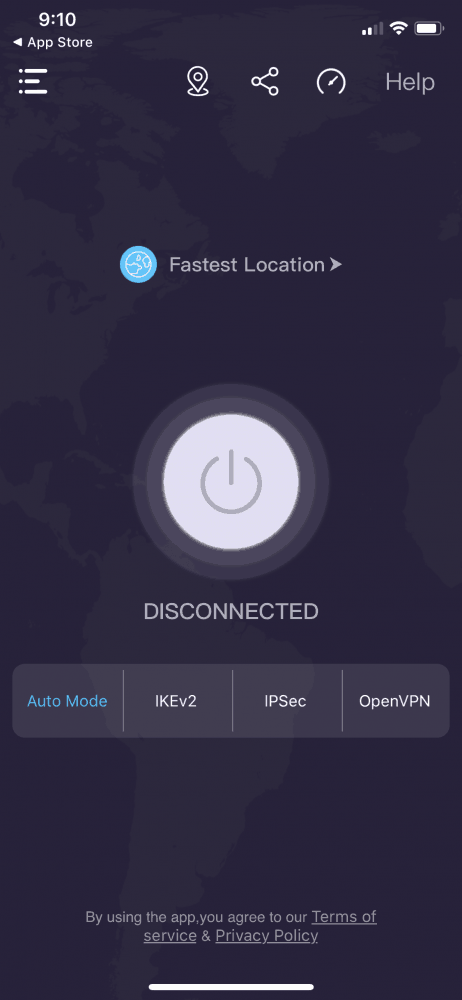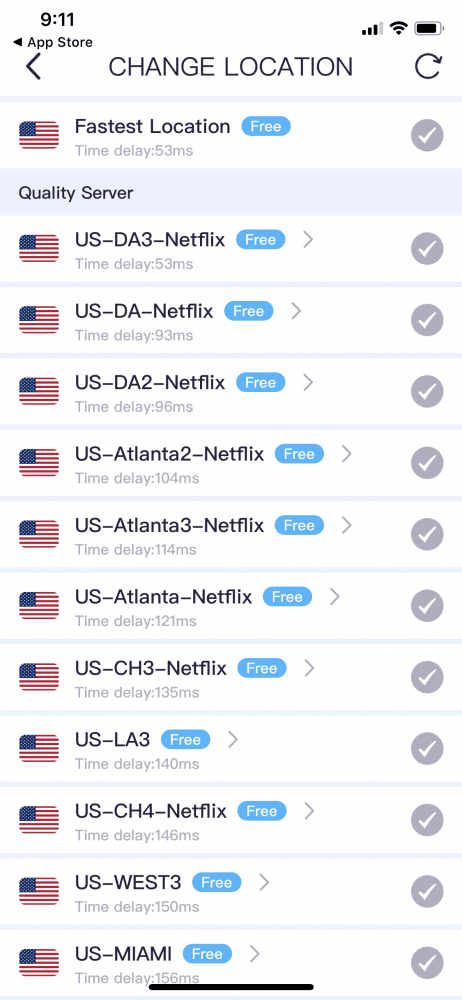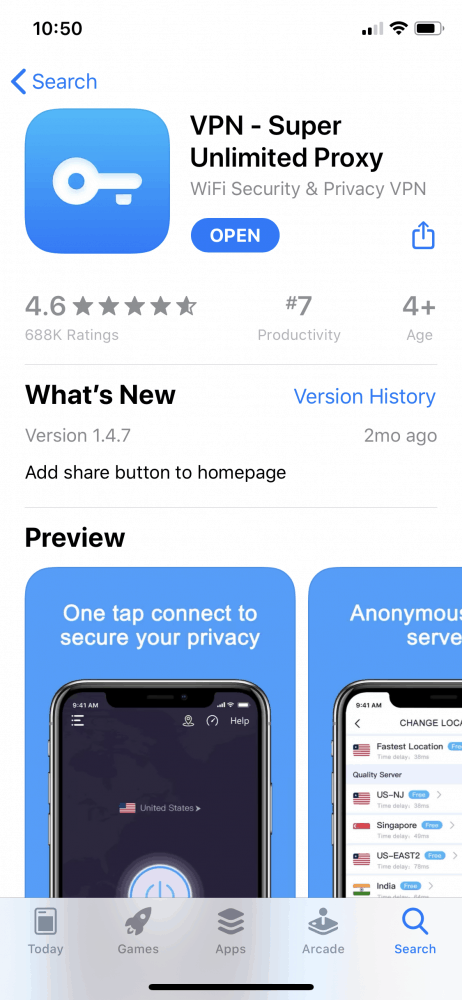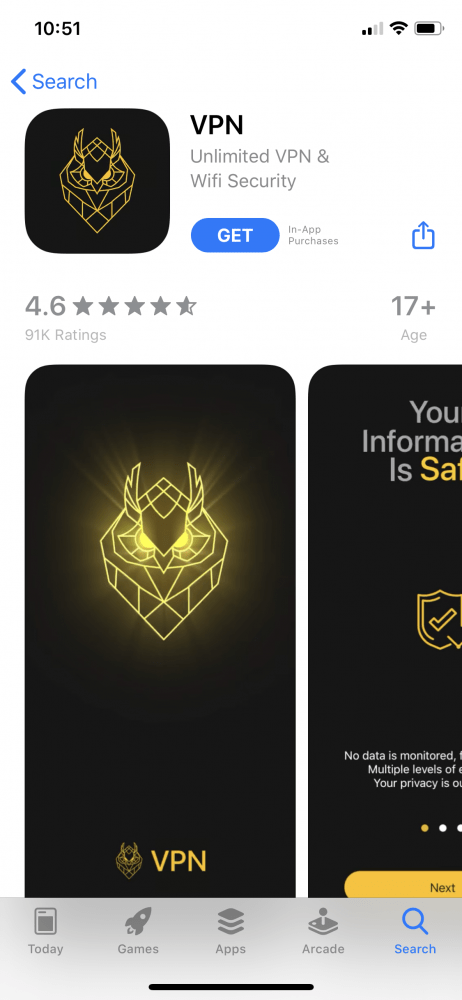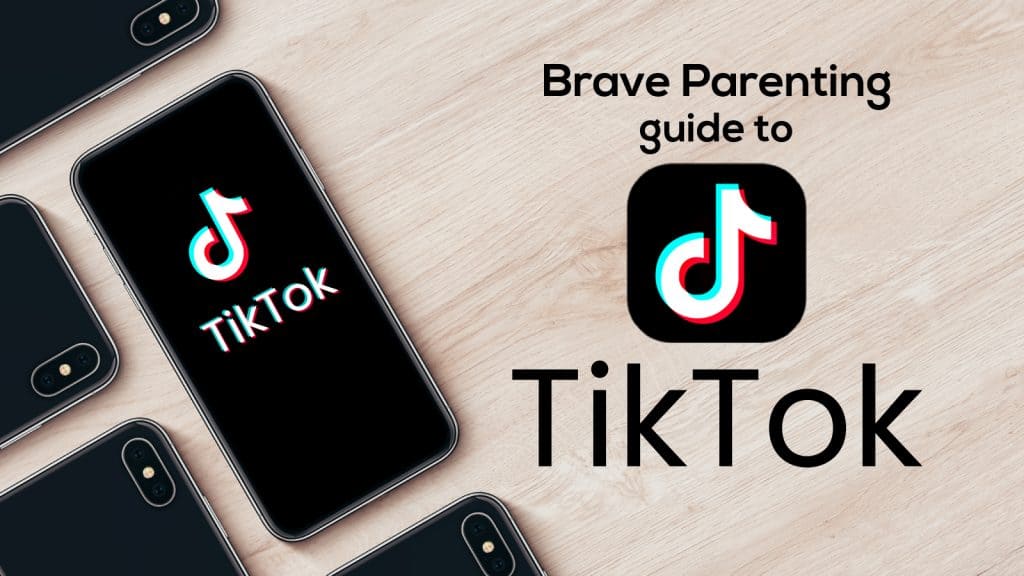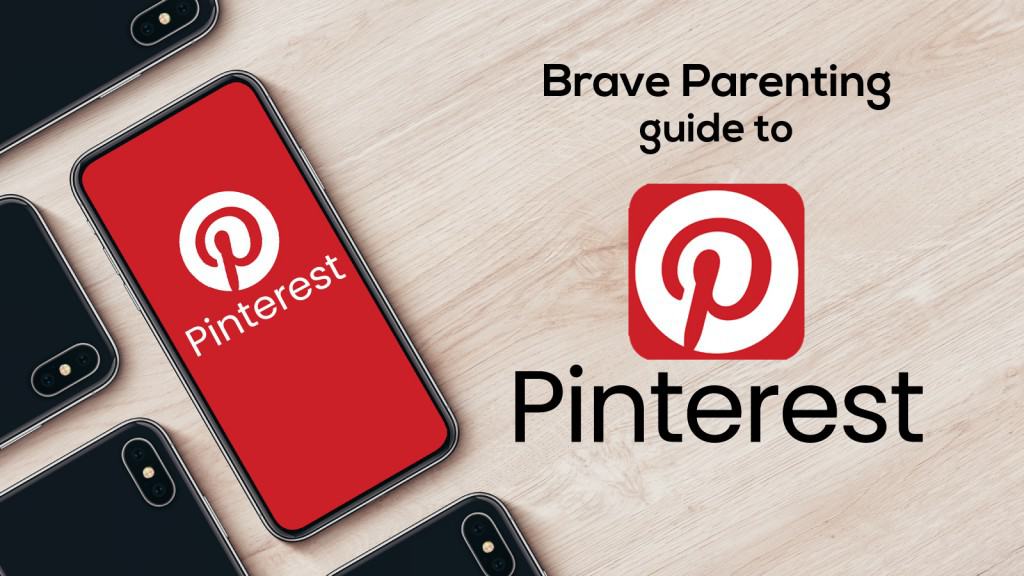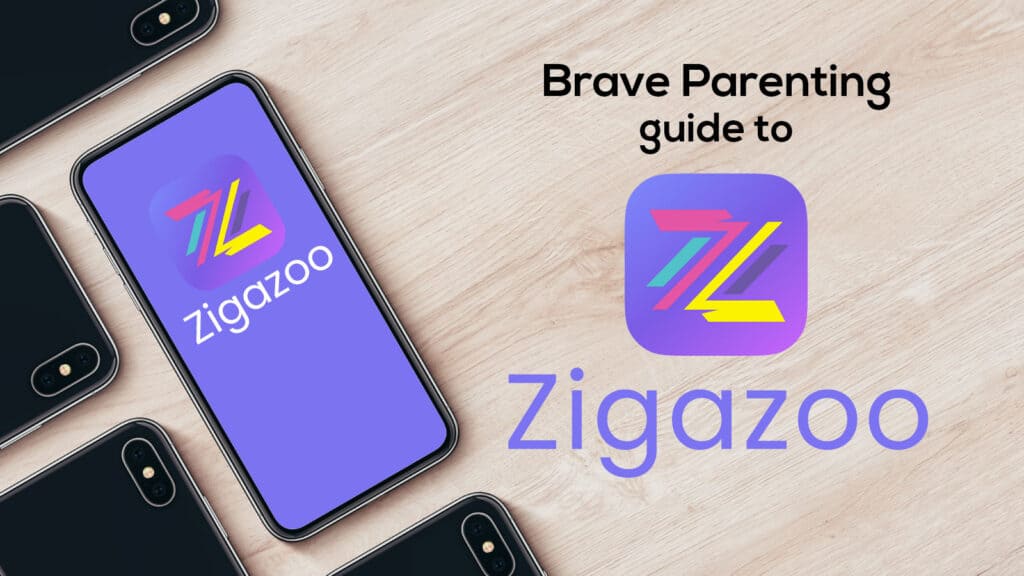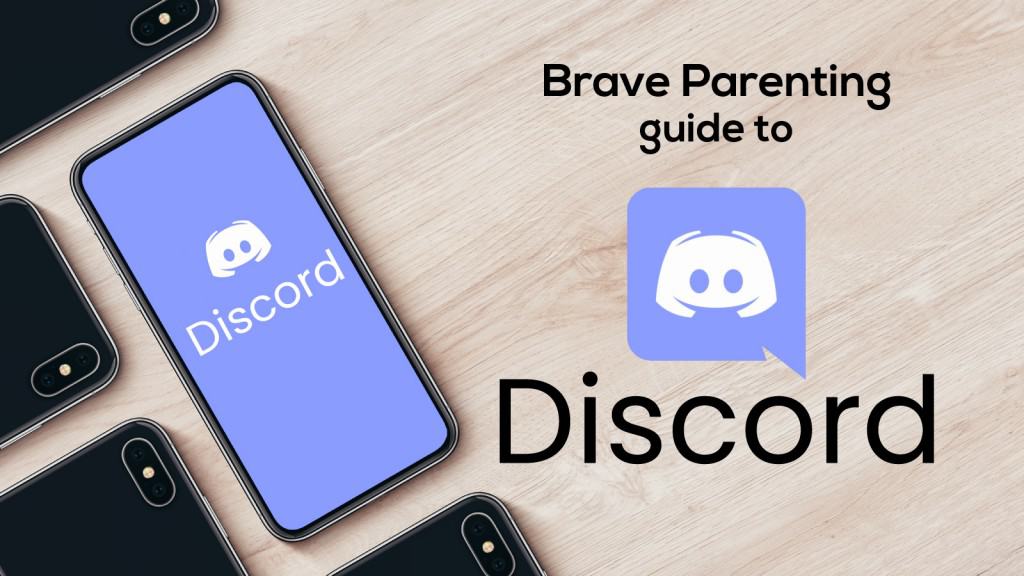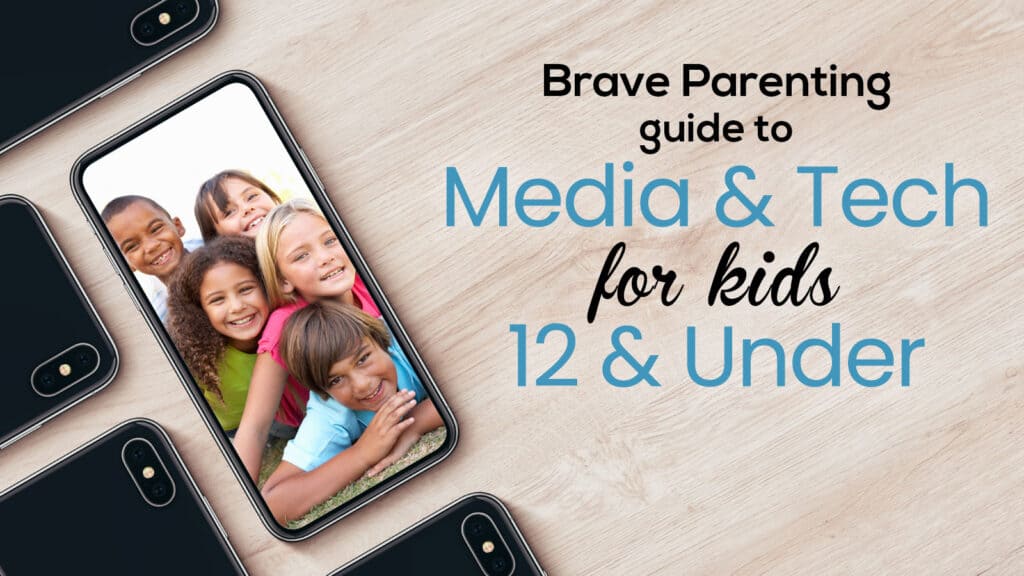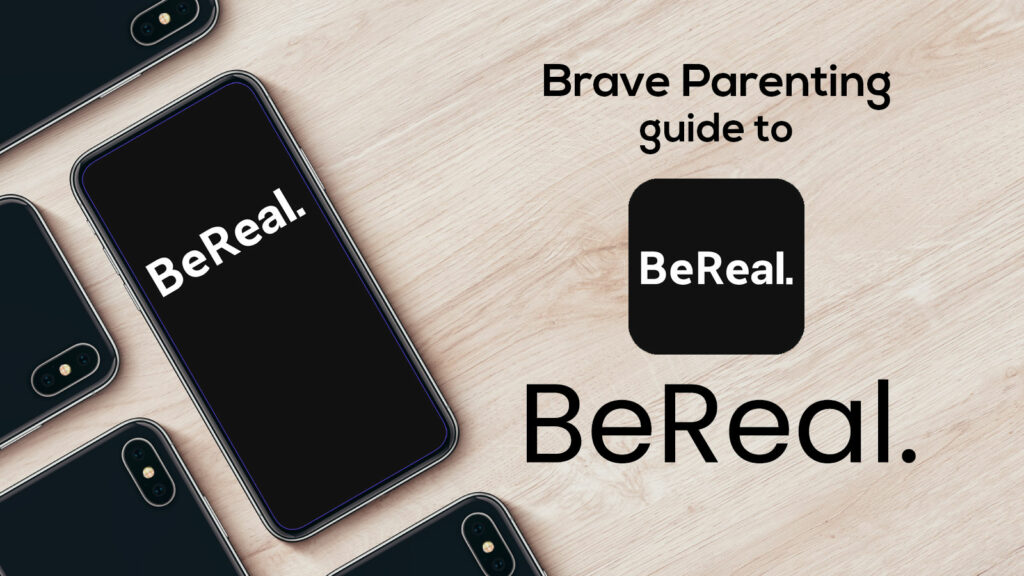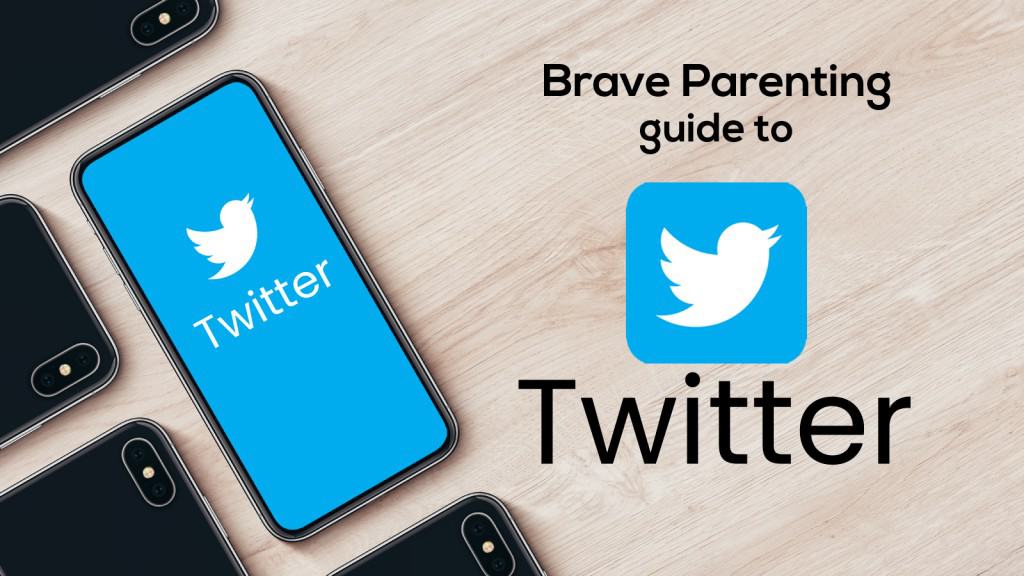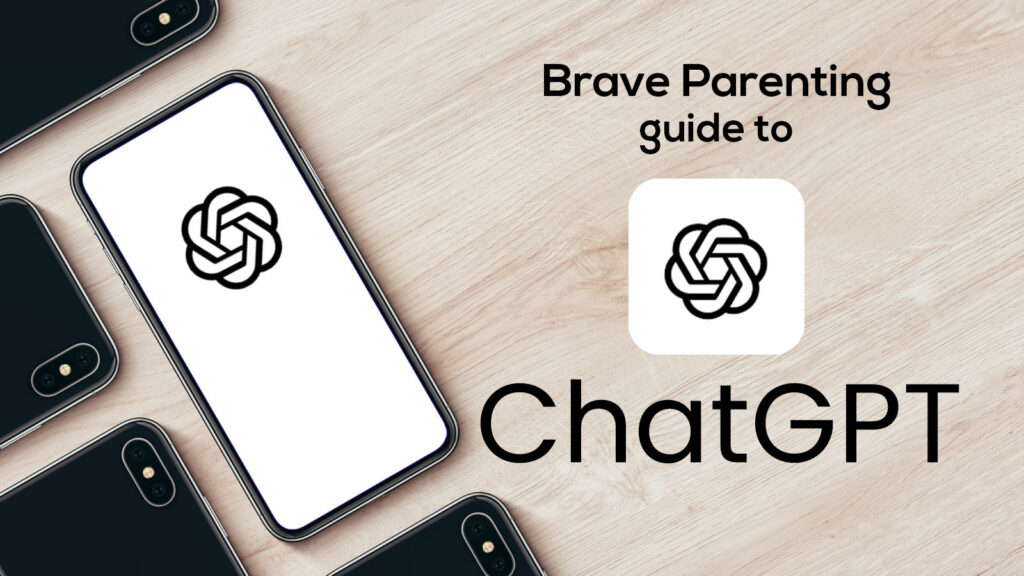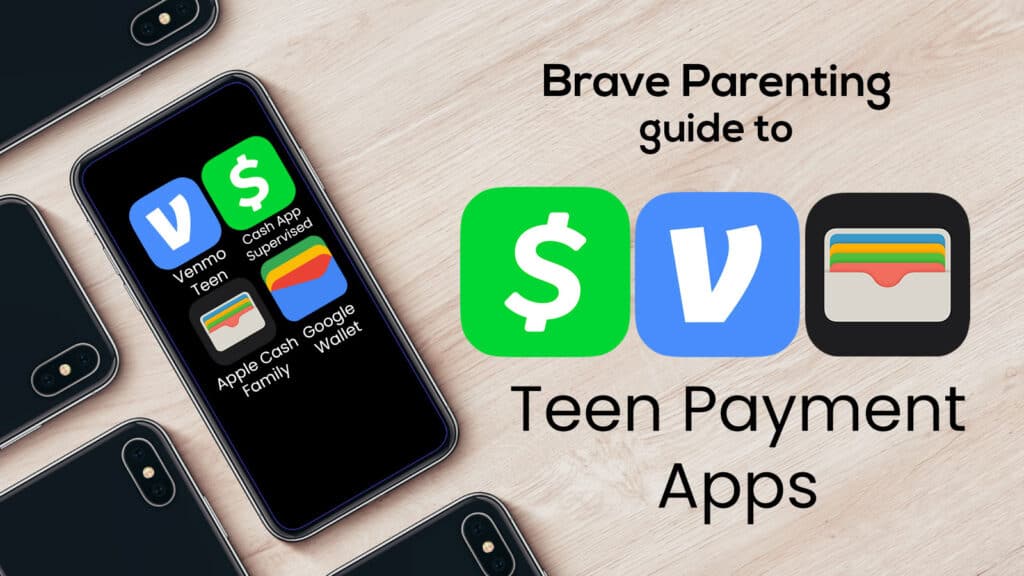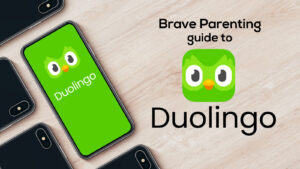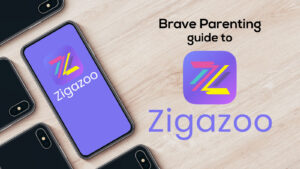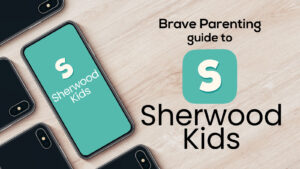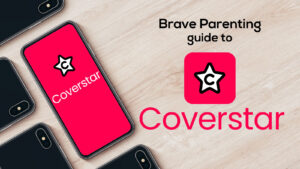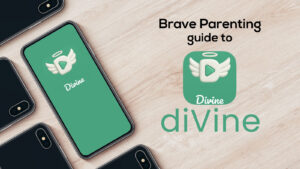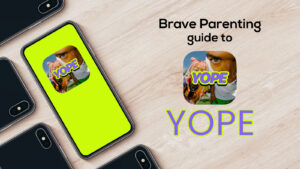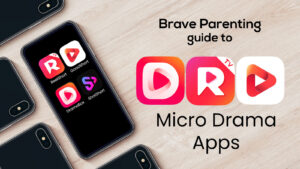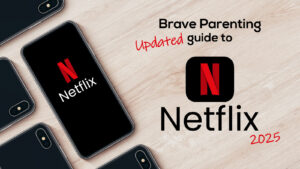What are VPN apps and are they appropriate for my child?
Here are 5 FACTS every parent needs to know about VPNs:
#1 Basics
A Virtual Private Network (VPN) creates a secure connection between two devices, allowing the exchange of data or information to happen privately over the internet.
Instead of content going from your computer to the website, a VPN creates a private tunnel for your information to travel from your computer to the VPN server and then to the website. No one can see your data or information because of the tunnel and the website only sees the information came from the VPN server – not your computer.
Important to note that using a VPN isn’t about protecting your device; it’s about protecting your information, and your network connections.
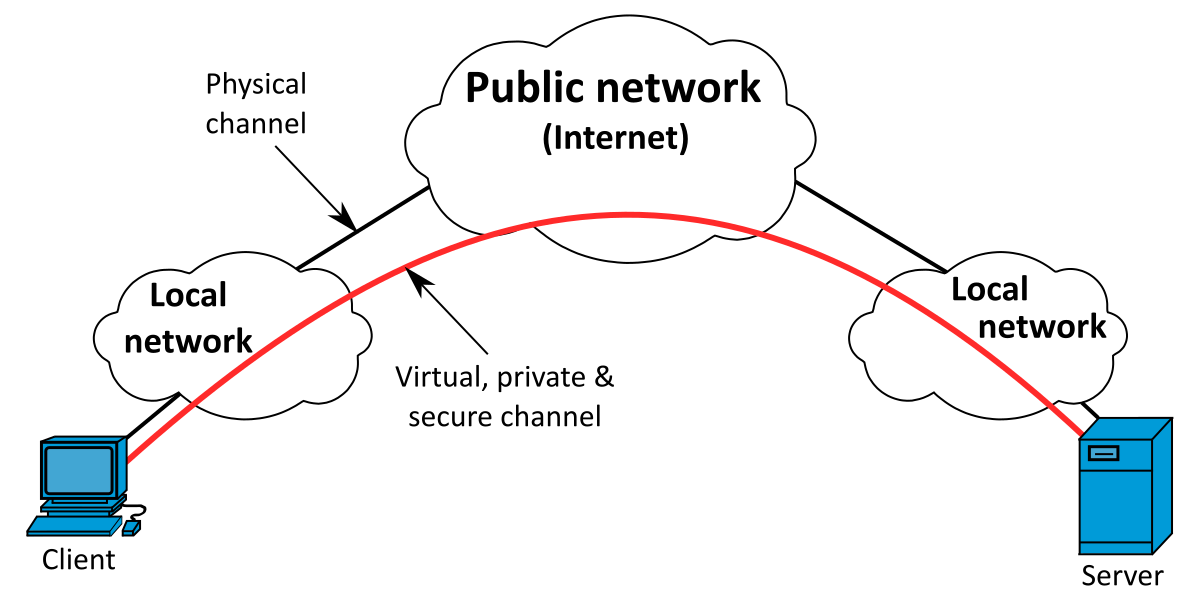
#2 Why is this needed?
The real day-to-day problem is public networks. When you connect to the free hot-spots at the public library, airport, coffee shop, grocery, or wherever, your security is in the hands of the hot-spot owner. A network owner can sift through all your communications, hoovering up credit card numbers, passwords, and more. Other users of a non-secured network can also find ways to track your network traffic, if they’re clever.
With a direct, non-VPN connection to a website, your IP address not only identifies you to that site, but it also identifies your geographic location. Ad-trackers, snoops, and government agencies can use that IP address to track what you do online. When you’re using a VPN, however, the IP address that others see is that of the VPN company, not your own.
Several parental control devices utilize VPNs. Devices like Circle use a perpetual VPN connection in their Circle Go service to route a child’s device back onto the family’s restricted network, even when they are away from home and the wifi.
Parental control apps like Mobicip and Covenant Eyes use some aspects of a smartphone’s VPN technology in order to manage the activity on the phone. This is how they are able to control all of the phone’s browsing activity, even through Safari.
#3 Good & Bad
So far, VPNs sound fairly beneficial and good – and they can be. Everyday uses such as connecting to a work-related server from home or online banking benefit from the added privacy of a VPN.
However, like all good things online, there are ways to use VPNs nefariously.
- Override school’s web filtering – if the school has blocked social media sites or certain web access on their network, a VPN allows kids to connect to where they want to go online without the school knowing.
- Use the internet anonymously – VPN allows users to browse the internet anonymously, which means teens are able to do whatever they want online without any roadblocks.
#4 Examples & Features
- VPN Super Unlimited Proxy
- Best VPN Proxy Betternet
- Cyberghost VPN
- NortonSecure VPN
- Hotspot VPN
All of these apps offer similar features: Unlimited time, data, and bandwidth; no registration or login; and no log saved from any users.
Most of the apps are free but a paid-for version (for as little as $3/month) can give better performance and protection. With so much provided for free it does beg the question how many of these companies provide their services. You guessed it: selling user data and ads.
#5 Parental Controls & Ratings
App Store: 4+ for most but some are 17+ (for unrestricted web access)
Google play: E (Everyone)
VPN apps: 4+
Brave Parenting: Not unless there is a specific need deemed appropriate by parents
There are no parental controls available for VPN apps. The best parental control would be restricting your child’s access to download apps without permission or password. With free access to apps, you could be wasting your time, energy and money setting up third-party parental controls only to have your child bypass them all with a VPN.
Students will often claim having a VPN app is a “NEED”. They “NEED” it to have faster internet access at school or they “NEED” it to do their school-related work bypassing the school WiFi blocks. Rarely is this true.
For those brave parents who want to know whether or not their child already has a VPN on their phone:
- Ask them: communication should always be your go-to.
- Search for a VPN app on the phone and in the app store (on Apple, for example, you’ll see “OPEN” or a cloud if it’s already downloaded)
- Check the phone’s icons and notifications
- Check VPN settings -Apple under GENERAL
-Android under WIRELESS CONNECTIONS

